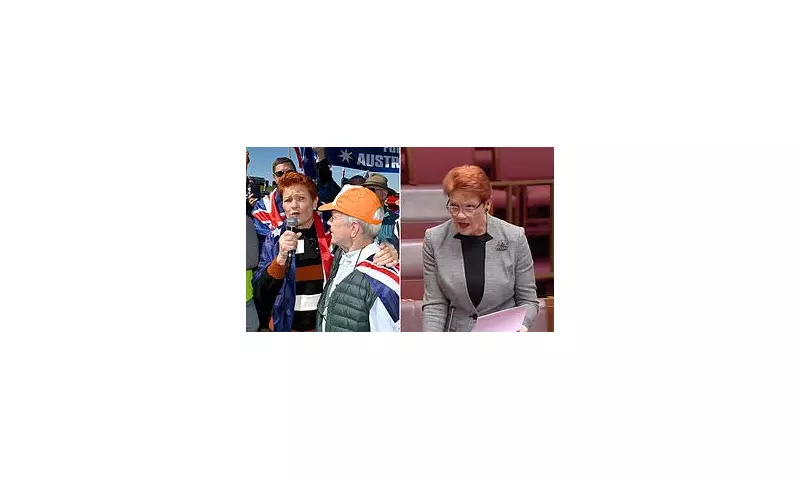
Australian politics erupted in controversy today as Senator Pauline Hanson delivered a blistering attack on Greens Senator Mehreen Faruqi, telling her to "go back to Pakistan" during a heated parliamentary exchange about anti-immigration rallies.
The explosive confrontation occurred during debate over recent protests that have divided Australian communities, with Hanson's One Nation party taking a hardline stance against current immigration policies.
Parliamentary Clash Reaches Boiling Point
Senator Faruqi, who was born in Pakistan and migrated to Australia in 1992, had been speaking about the need for respectful dialogue on immigration when Hanson interjected with her controversial remarks. The exchange quickly escalated, with Faruqi condemning the comments as "racist and disgusting."
"If you're not happy here, you should go back," Hanson declared during the tense session, doubling down on her long-standing position on immigration matters.
Political Fallout Spreads Rapidly
The incident has triggered widespread condemnation across the political spectrum, with multiple senators rising to defend Faruqi and criticize Hanson's approach. Prime Minister Anthony Albanese's government has described the comments as "completely unacceptable" while opposition leader Peter Dutton called for more civil discourse.
Senator Faruqi, visibly emotional during the session, later told reporters: "These comments are designed to divide us and to tell people like me that we don't belong here. But I've been Australian for 30 years, and this is my home."
Broader Context of Immigration Debate
The confrontation comes amid growing tensions over immigration policy in Australia, with recent rallies seeing both supporters and opponents of current immigration levels taking to the streets. Hanson's comments have thrown fuel on an already fiery debate about national identity and multiculturalism.
Political analysts suggest this incident reflects deeper divisions within Australian society about immigration, with Hanson representing a vocal minority position that continues to influence public discourse.
As the fallout continues, questions remain about how this very public clash will affect ongoing policy discussions and whether it will lead to calls for greater accountability in political language.





